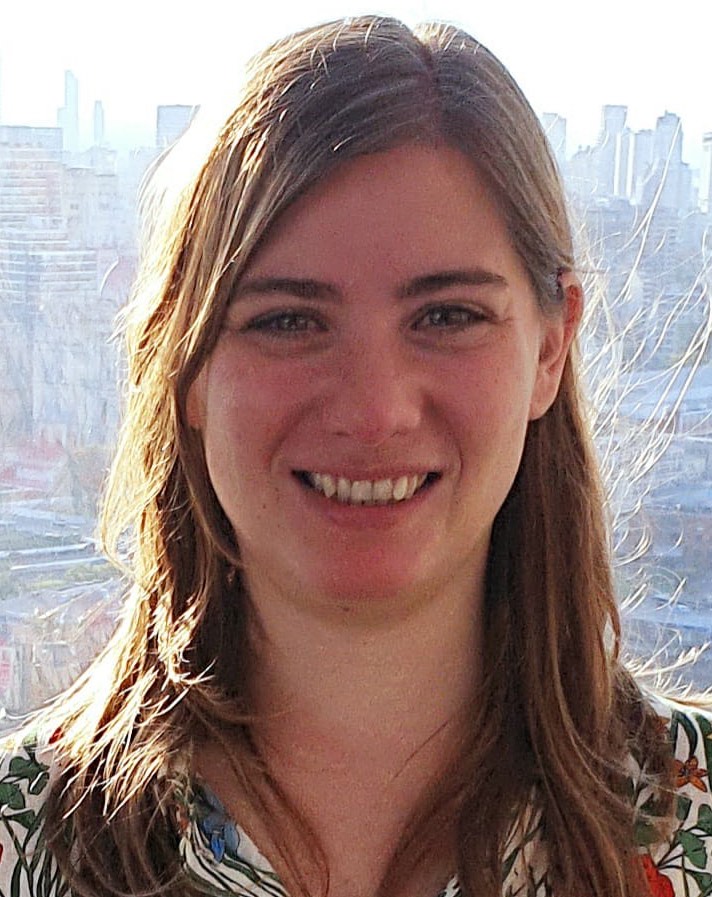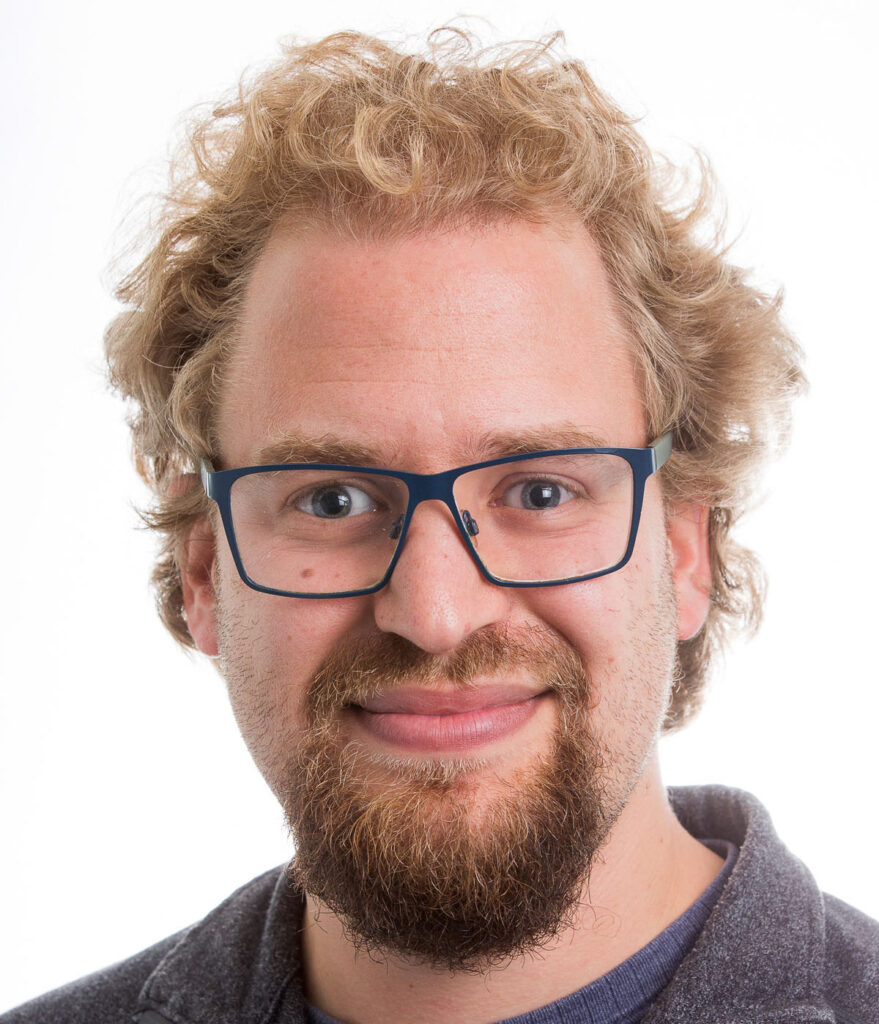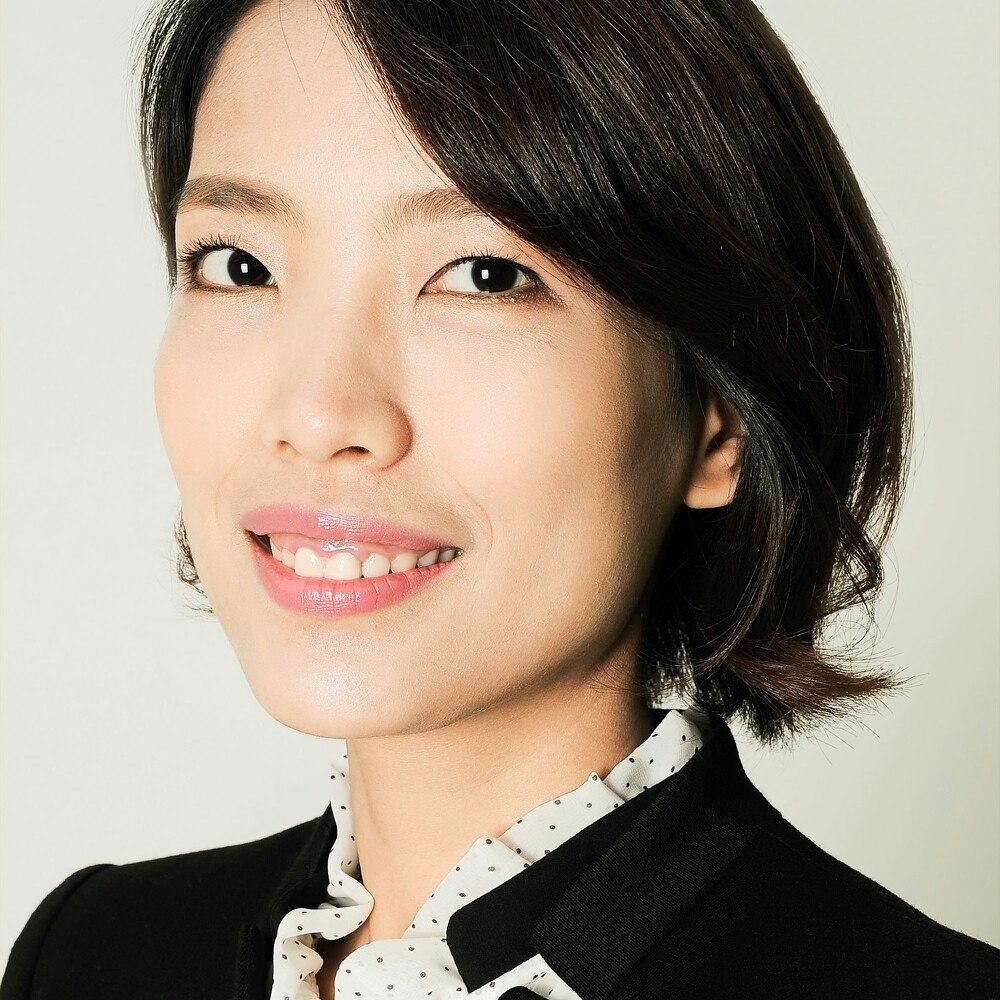Is Religious Freedom a Forgotten Freedom Within the Human Security Framework?

Elena López Ruf is a lawyer who teaches philosophy of law at the Pontifical Catholic University of Argentina and “Religion and the Global World” at Austral University. This post is based in part on her chapter “Religious Freedom, Human Security, and Human Fraternity: Is Religious Freedom a Forgotten Freedom Within the Human Security Framework?” in Security, Religion, and the Rule of Law: International Perspectives (Routledge 2023).
Today it is the humanity of man that is no longer self-evident, and the issue we face is: How can a human being achieve certainty of his humanity?[1]
—Abraham J. Heschel
At the end of the Second World War, a legal revolution was taking place with a new world order in which (1) war was outlawed, (2) human rights became the “Magna Carta” of international relations, and (3) a new framework of international cooperation was set for the development and flourishing of humanity.[2]


